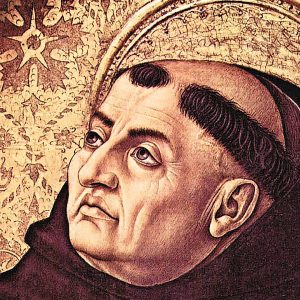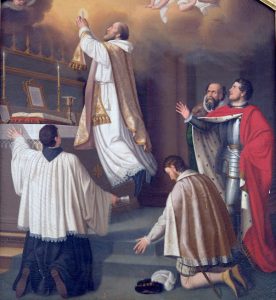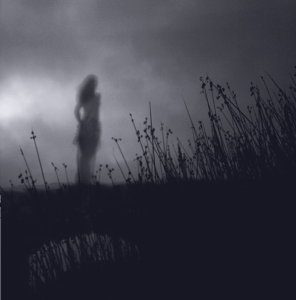“A LEVITATING SOUL”
“God should not be called an individual substance, since the principal of individuation is matter.”
~Thomas Aquinas

Thomas Aquinas was an 11thcentury Christina philosopher who pursued his life’s goals with determination and devotion in the face of great opposition.
HISTORY: Thomas Aquinas (1225 – March 7, 1274) was most likely born in a castle in the Kingdom Sicily (present-day Lazio, Italy.)
His father was a knight and his uncle the abbot of the first Benedictine Monastery at Monte Cassino. While his brothers pursued military careers, his parents intended for Thomas to follow his uncle into the abbacy. But Thomas had other ideas.
Because of the political climate at the time Thomas was not able to complete his studies in Monte Cassino and so was enrolled in University at Naples. It was there that Thomas was likely introduced to Aristotle, Averroes and Maimonides, all of whom would greatly influence his theological philosophy.
At this time Thomas fell under the influence of a Dominican preacher, who was actively seeking to expand the order and bring in new and devout followers.
At the age of 19 and much to the chagrin of his family, he decided to join the Dominican Order. In an attempt to mitigate his mother’s influence, the monks made plans to move Thomas to Rome and then from Rome to Paris.
His mother masterminded a kidnapping at the hand of his own brothers who nabbed him on his way to Rome and delivered him back to his parents at the castle of Monte San Giovanni, Campano.

Thomas was held captive in his family castle for almost a year. The family was sure that he would capitulate and renounce the Dominicans.
When that didn’t happen, two of his brothers hired a prostitute to seduce him. Legend has it that two angels appeared to him while he slept, giving him strength and the determination to remain celibate and so he ran the prostitute off with a fire iron.
Seeing that all of her best efforts to dissuade him had failed, his mother had to craft a plan to save the family’s dignity. In the dark of night, she arranged for Thomas to escape through his window. Somehow for her, escape was less damaging than surrender to the Dominicans. Thomas was then sent to Naples and finally on to Rome to meet Johannes von Wildeshausen, the Master General of the Dominican Order and that was that.

HIS INFLUENCE: Thomas spent his life teaching, writing, meditating and praying. For many centuries there have been claims that Thomas would periodically fall into spiritual ecstasy and levitate.
It is said that on one such occasion, he encountered Christ who told him, “You have written well about me. What reward would you have for your labor?” Thomas’s reply, “Nothing but you Lord.”
Whether those claims are true or not, one thing is for sure. Thomas Aquinas was a man of deep faith and devotion. He became a great influence on Christian thought and philosophy and has remained so since.
His comment above that God should not be individuated follows a line of thinking expressed by the greatest religious and spiritual philosophers all throughout history in pretty much every known religion.

Thomas said that God should not be called a substance. Perhaps that’s because substance is limited. It has a beginning and an end and in his experience the Creator has no limitation and certainly no end.
In Hindu thought, the only thing that’s real is that which never changes. That notion goes on to say that the only thing that never changes is the Divine. Everything that we know here has a life span.
THE MESSAGE: The human mind is mostly influenced by what we experience here. It is only when we make extraordinary attempts to get to a quieter and more reflective place that we can perhaps have a glimpse of the grand and omnipotent Divine that gives birth to all substance but itself, is not substance…a heavenly connection that we cannot express in words, but can only experience in the attending heart of a still, aware and insistent soul.
we make extraordinary attempts to get to a quieter and more reflective place that we can perhaps have a glimpse of the grand and omnipotent Divine that gives birth to all substance but itself, is not substance…a heavenly connection that we cannot express in words, but can only experience in the attending heart of a still, aware and insistent soul.









